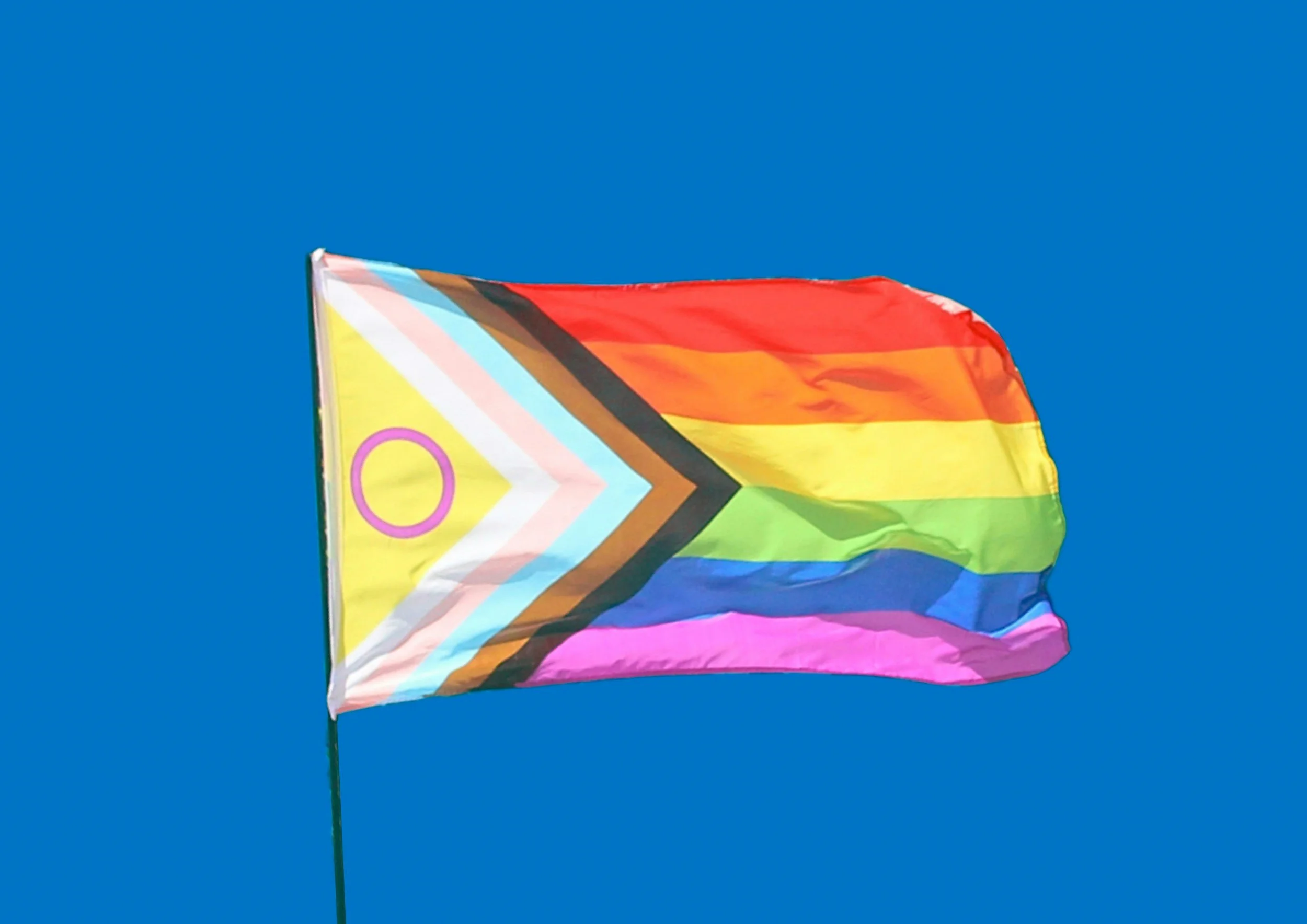
Trainings for Mental Health Providers
LGBTQ-Affirmative Cognitive Behavioral Therapy
Many mental health providers report a lack of training in evidence-based practice that is affirmative for LGBTQ+ clients. My own research, specifically with clinical and counseling psychology doctoral students, supports this unfortunate reality (Fitterman-Harris et al., 2023; Soulliard et al., 2023). Thankfully, there are current therapeutic principles (Pachankis, Soulliard et al., 2023) and cognitive behavioral therapy (CBT) treatments (e.g., Craig et al., 2021; Pachankis et al., 2022; Pachankis, Soulliard, et al. 2023) that have shown to be effective in reducing mental health concerns reported by LGBTQ+ people. Additionally, these LGBTQ-affirmative psychotherapies were developed with input directly from members of the LGBTQ+ community.
As both a clinician and researcher, I am passionate and committed to training psychologists and all mental health providers in LGBTQ-affirmative CBT that is evidence-based in order to provide the highest quality service to LGBTQ+ clients. Such training to date has shown to improve the cultural competence and humility of mental health providers (Pachankis, Soulliard, et al., 2022) and clinical psychology doctoral students (Soulliard et al., in preparation) in delivering LGBTQ-affirmative CBT.
What types of training in LGBTQ-affirmative CBT do you provide?
Full-day (6-8 hours, or spread out across multiple days) for a training in the full treatment
Half-day (4 hours) for an abbreviated training in the full treatment
90-minutes to 2-hour training for an overview of the treatment principles and interventions
LGBTQ-Affirmative Psychotherapy for Disordered Eating
LGBTQ+ individuals disproportionately experience elevated rates of disordered eating compared to heterosexual and cisgender individuals (Parker & Harriger, 2020). We know from research that reasons for this disparity include experiences of LGBTQ-related stigma (sometimes referred to as minority stress; Santoniccolo & Rollè, 2024), as well as stressors from within the LGBTQ+ community (Denning et al., 2024; Soulliard et al., 2023). We also know that LGBTQ+ individuals possess unique strengths that can be leveraged, alongside of evidence-based treatments, to address disordered eating (e.g., Brown et al., 2024; Soulliard et al., 2025a; Soulliard et al., 2025b).
What types of training in LGBTQ-affirmative psychotherapy for disordered eating do you provide?
Half-day (3-4 hours) for an overview of LGBTQ-affirmative treatment principles and ways to culturally adapt CBT interventions for LGBTQ+ clients with disordered eating
1- to 2-hour training for an overview of LGBTQ-affirmative treatment principles for LGBTQ+ clients with disordered eating
**If interested, I am happy to provide a training that integrates both LGBTQ-affirmative CBT generally + discussion around disordered eating for LGBTQ+ clients**
Recent Clinical Trainings
Trainings in LGBTQ-Affirmative CBT
Department of Psychiatry and Behavioral Neuroscience, University of Cincinnati; 1-hour in-person training (May 2025)
PhD Clinical Psychology Program, University of Oregon; two half-day (4-hour) online training (April 2025)
CenterLink, The Community of LGBTQ Centers; 12-week (1 hour/week) online training (April-June 2024)
PSYCH Consulting, Melbourne, Australia; half-day (3-hour) online training (November 2021)
CenterLink, The Community of LGBTQ Centers; two 10-week (1 hour/week) sets of online training (October 2020-January 2021; March 2021-May 2021)
Trainings in LGBTQ-Affirmative Psychotherapy for Disordered Eating
Ohio Psychological Association (OPA); 1-hour online workshop part of the OPA Convention (May 2025)
Gender and Sexuality Consultation Space, NewYork-Presbyterian/Columbia University Irving Medical Center; 1-hour online training (November 2024)
Association for Psychological Science; 1-hour online webinar (total three presenters) part of the Science for Society Series (July 2024)

